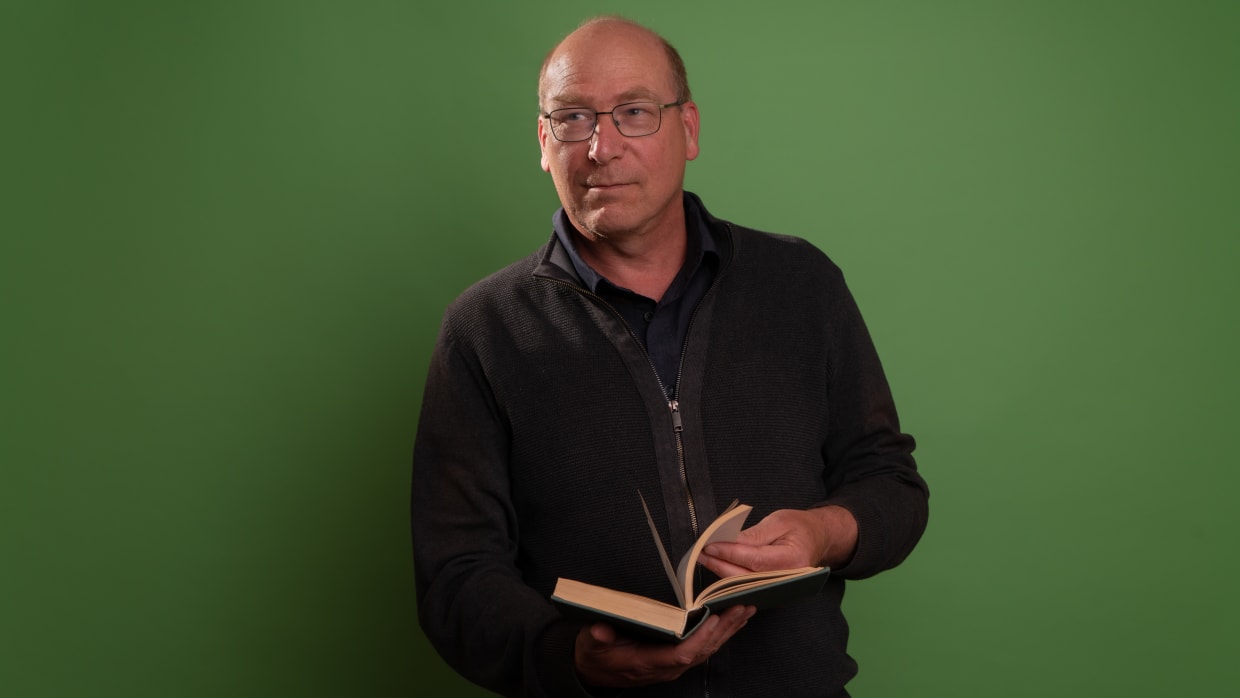
Han van der Maas | Brain explanations sound much more scientific than they are
Why are over two million Dutch people excluded from the democratic process, columnist Han van der Maas wonders in the run-up to the 15 March elections. ‘Minors are banned from everything because of the myth of the adolescent brain, but that is an ethically dubious argument.’
On March 15, we get to vote again. The right to vote is a great good in our democracy. Everyone with the Dutch nationality is allowed to vote. It does not matter whether you pay taxes, know something about politics or make sensible decisions in live. Prisoners are allowed to vote and, since the Martijn Act, also the incapacitated. The latter on the basis of the International Covenant on Civil and Political Rights (ICCPR), which includes the right to vote as a human right. The idea of denying voting rights to people with dementia or intellectual disabilities rightly meets with strong objections. Even people who deny climate change find PM Rutte cute, think the C of CDA stands for communism or believe that reptiles run the country, are allowed to vote.
Women’s suffrage
In this light, the exclusion of minors from the right to vote is remarkable. Why are over two million Dutch people excluded from the democratic process? The fact that they do not yet earn money and do not pay taxes, are not all well informed and may make impulsive decisions cannot be an argument. But when I go through the counterarguments, these are precisely the main arguments. In fact, I see remarkable similarities to the arguments made against women’s suffrage a century ago. For example, married men would actually get two votes because of women's suffrage. Surely women had to remain primarily women. Another nice one was that women were actually perpetual minors.
Unfortunately, precisely my own research field is being abused by the opponents of minority voting rights. Minors are forbidden all sorts of things because of the myth of the adolescent brain. Minors are not allowed to drink, to go into bars, are refused entry to cinemas, and they are not allowed to participate in the democratic process, all because of their adolescent brain.
Ethically dubious
What is wrong with the idea of an adolescent brain? First, brain explanations are ethically dubious. For example, they are very popular in racist theories. The (limited) differences in men's and women's brains are also no reason to deny women rights. Second, we are much more than our hardware, the brain, mature or not, or already decaying. A 10-year-old who deliberately decides to stop eating meat exhibits more common sense than many adults. Brain explanations sound much more scientific than they are.
Third, as always, individual differences in psychological traits are many times greater than the usually very small group differences. It is obvious that hundreds of thousands of teenagers are more politically savvy, show more self-control and make wiser decisions than the bulk of adults. That this group is excluded because they supposedly have an adolescent brain is outrageous. It is actually only a very small percentage of teenagers who exhibit serious adolescent misbehavior, but this is blamed on the entire group, a typical discriminatory mechanism.
Unfortunately, little attention exists for discrimination against minors. No politically correct term has even been introduced yet for underage or immature. This is probably because minority passes on its own accord. Being discriminated against and excluded is annoying for now, but soon you will belong to the discriminating majority. This is generally not true of other forms of discrimination.
Arbitrary
Yet another reason is that it is not immediately clear what the proper age boundary should be. Now many argue for a 16-year-old threshold. Opponents like to use this as an argument, so why exclude 15-year-olds? Any age threshold is arbitrary, so let’s stick with what it is. But back in 1946 the minimum age for the right to vote was lowered from 25 to 23 and in 1965 from 23 to 21. In 1972 it became 18. In Austria, the limit is 16. Research suggests that for voting, as for smoking or drinking, the younger you start, the higher your chances of voting later.
I wonder if we need an age limit at all. If the incapacitated, demented elderly and rabid conspiracy theorists can vote, why can't children vote? As far as I'm concerned, anyone capable of coloring a box on a ballot paper should be allowed to vote. Perhaps one can find eight-year-olds who think the climate is the biggest world problem, or war, but that kind of childish thinking will naturally pass as their brains mature.
Han van der Maas is full professor psychological methods.

